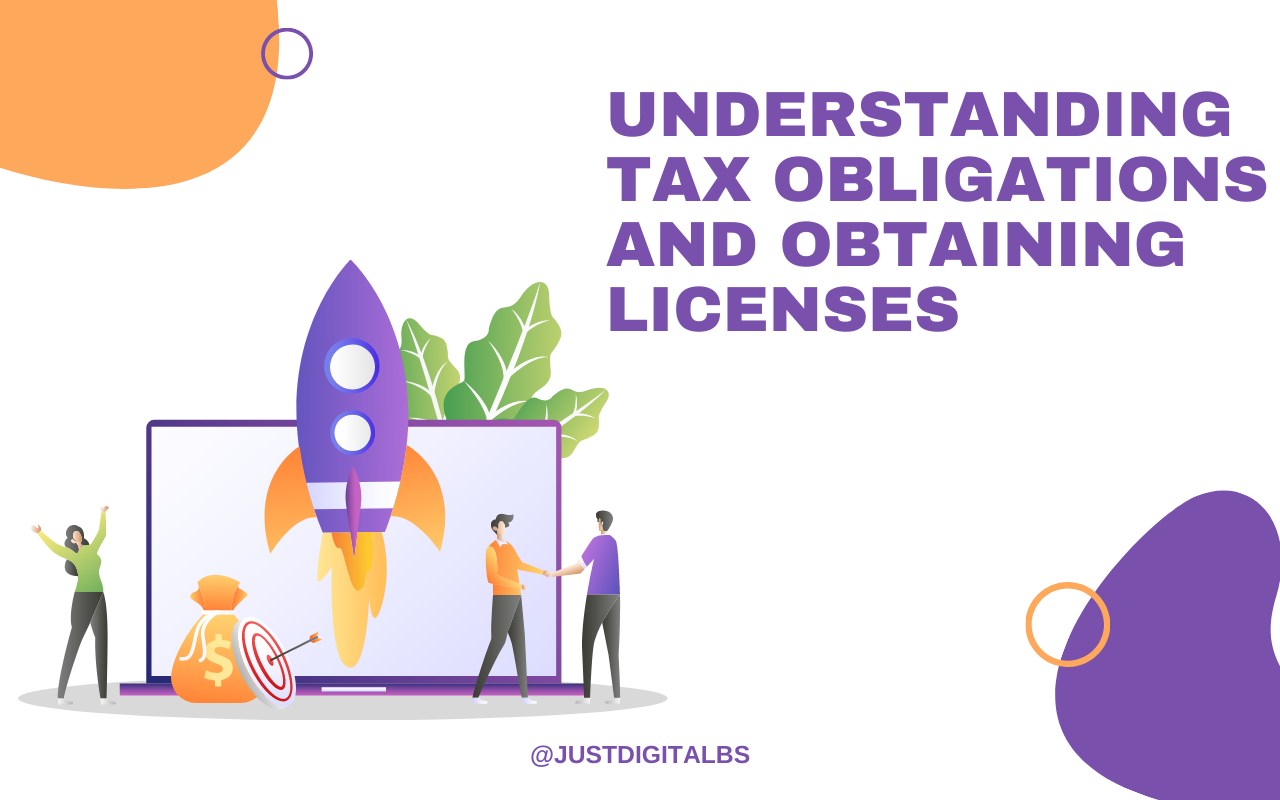Understanding Tax Obligations and Obtaining Licenses
The United Arab Emirates (UAE) has become one of the most attractive places in the world to do business in recent years, thanks to its favorable tax policies, strategic location, and business-friendly environment. However, like any other country, the UAE has its tax obligations and licensing requirements that businesses must comply with to operate legally. In this blog, we will discuss these requirements and explain how you can ensure that you are in compliance with the law.
Tax Obligations in the UAE
The UAE is a tax-free country, which means that businesses operating in the country are not required to pay income tax or value-added tax (VAT) on their profits. However, there are other taxes that businesses must pay, such as customs duty, excise tax, and corporate tax in certain industries.
Customs Duty: Businesses that import goods into the UAE are required to pay customs duty, which is a tax levied on the value of the imported goods. The rate of customs duty varies depending on the type of goods being imported and their country of origin.
Excise Tax: Excise tax is a tax on specific goods that are considered harmful to public health or the environment, such as tobacco products, sugary drinks, and energy drinks. Businesses that manufacture or import these products into the UAE are required to pay excise tax.
Corporate Tax: Although the UAE does not levy corporate tax on the profits of most businesses, there are some industries that are subject to corporate tax. For example, oil and gas companies are subject to a tax rate of 55% on their profits.
Obtaining Licenses in the UAE
In addition to tax obligations, businesses operating in the UAE are required to obtain various licenses and permits to operate legally. These licenses vary depending on the nature of the business and the industry it operates in. Below are some of the common licenses and permits that businesses must obtain in the UAE:
Trade License: A trade license is a permit issued by the Department of Economic Development (DED) that allows businesses to operate legally in the UAE. The trade license specifies the activities that the business is authorized to carry out and is valid for one year.
Commercial License: A commercial license is required for businesses that engage in commercial activities, such as buying and selling goods. This license is also issued by the DED and is valid for one year.
Professional License: A professional license is required for businesses that provide professional services, such as legal, medical, or engineering services. This license is also issued by the DED and is valid for one year.
Industrial License: An industrial license is required for businesses that engage in manufacturing or industrial activities. This license is issued by the Ministry of Economy and is valid for three years.
Conclusion
Understanding tax obligations and obtaining licenses are critical steps for any business planning to operate in the UAE. By complying with the UAE's tax laws and licensing requirements, you can ensure that your business operates legally and avoid costly fines and penalties. It is advisable to seek the assistance of a professional tax consultant or lawyer who can guide you through the process and ensure that you are fully compliant with all the regulations.
